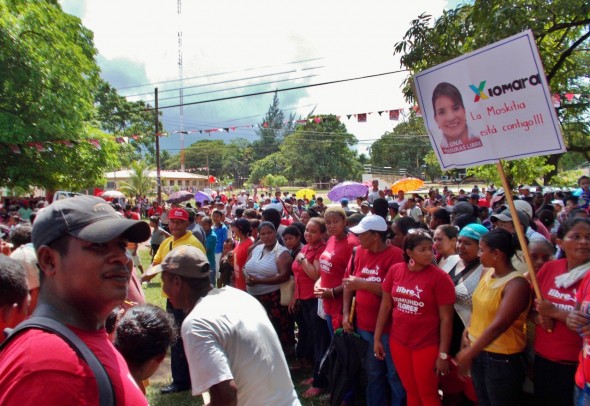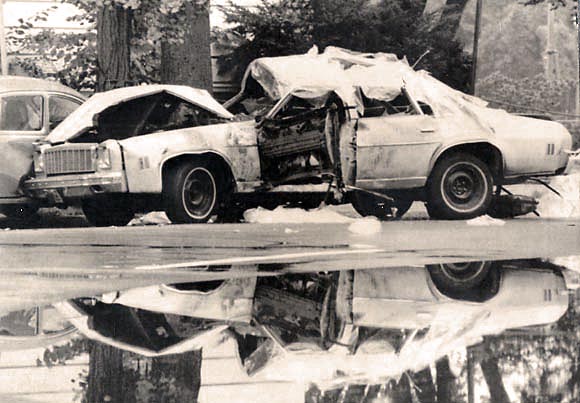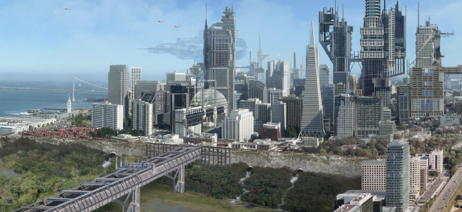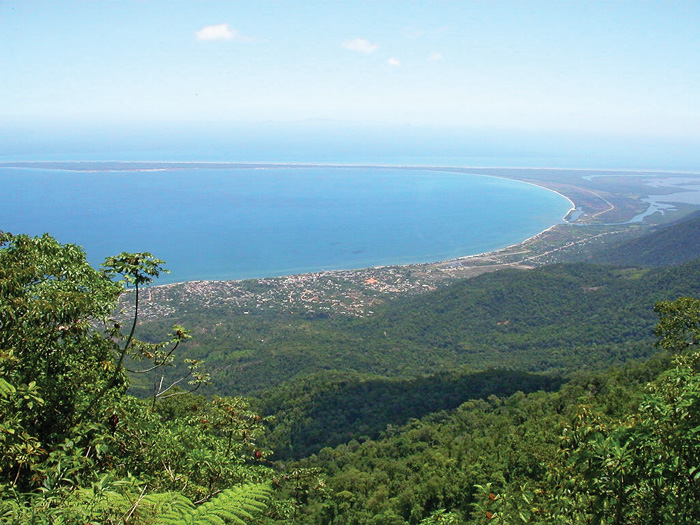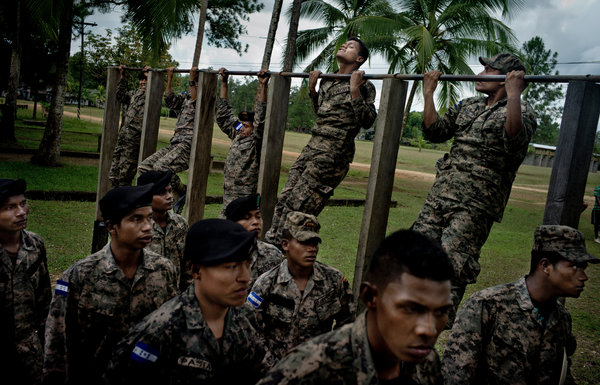Military and judicial violence against the public and in post-coup Honduras leading up to the coming November elections are central components of the neoliberal economic takeover. In order to legitimate and secure the economic violence effected against Honduran citizens by multinational corporations, the judiciary criminalizes opposition to them while the military (along with other state security forces) goes after citizen-“criminals” with an iron fist.
Political Geography
How international political and economic interests affect urban and rural indigenous and marginalized communities and their environmental sustainability.
Operation Condor: Eradicating South American “Communism” at Any Cost
In the name of the struggle against terrorism, a special operation — code named CONDOR – was conducted in the 1970s and 80s in South America. Its targets were left wing political dissidents, the organised labour and intellectuals. Condor soon became a network of military dictatorships, supported by the US State Department, the CIA and Interpol. A trial began in early March in Buenos Aires to attempt to bring to justice former dictators and military officers.
Honduras: Neoliberal Utopias Advance on Indigenous Land
The government of Honduras plans the creation of neoliberal free-market enclaves, unaccountable to national laws and governed by foreign corporate interests. Stipulated for territory inhabited by Garifuna people and campesino farming communities, with propaganda about democracy, economic innovation and humanitarian justice, “President” Pepe Lobo should first refrain from presiding over the coup-backed “illegitimate regime.”
The Battle of Algiers: A Brutal Portrait of Urban Guerrilla Warfare
Gillo Pontecorvo’s 1966 masterpiece, “The Battle of Algiers,” as a study of the brutality of urban guerrilla warfare, serves an Arab-street-level counterpoint to Kathryn Bigelow’s US-imperialism-centered, torture-driven war propaganda film, “Zero Dark Thirty.”
Honduras: Neo-Colonial “Free Market” Charter Cities, Democracy Not Included – By Annie Bird
Free marketeers and Libertarians advocate for the world’s first Charter City, with authoritarian governance, facilitated by a military coup, coordinated using political sway with business partners, using public funds from the IDB for infrastructure plans, and built on land “purchased” from indigenous communities, small farmers and the state of Honduras.
Central America: Indigenous Targeted in US-Sponsored Counterinsurgency
A US-taxpayer-funded war on drugs in Central America is expanding with “Counter Terror Squads,” targeting indigenous people, citizen activists, and even independent journalists. It must be stopped.

